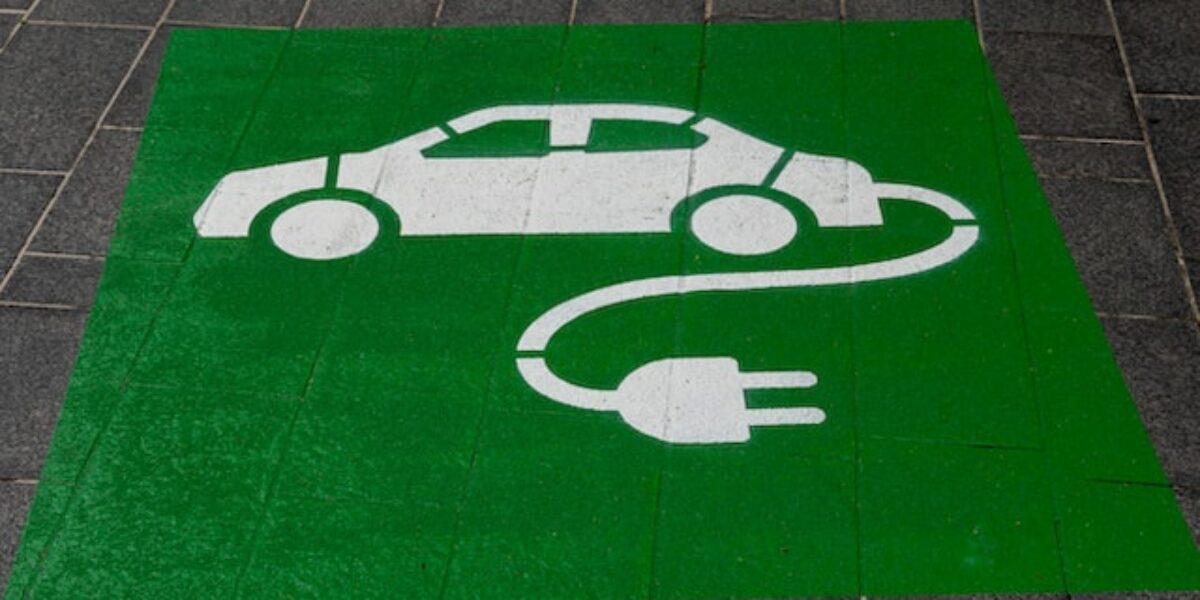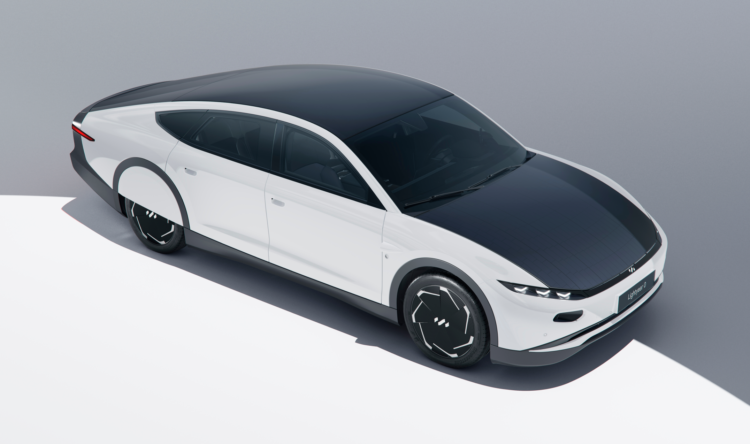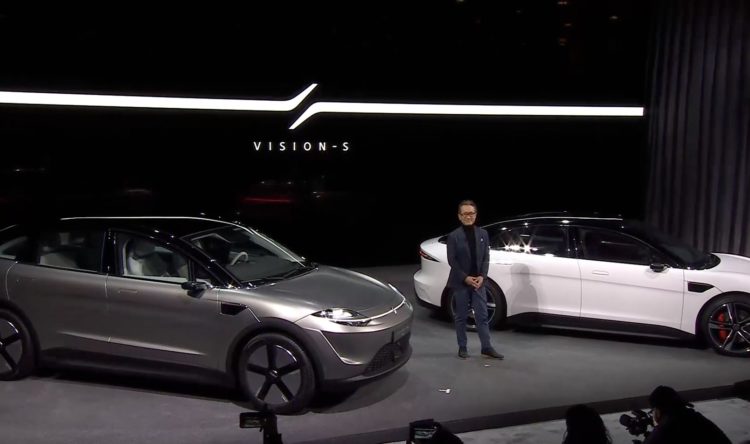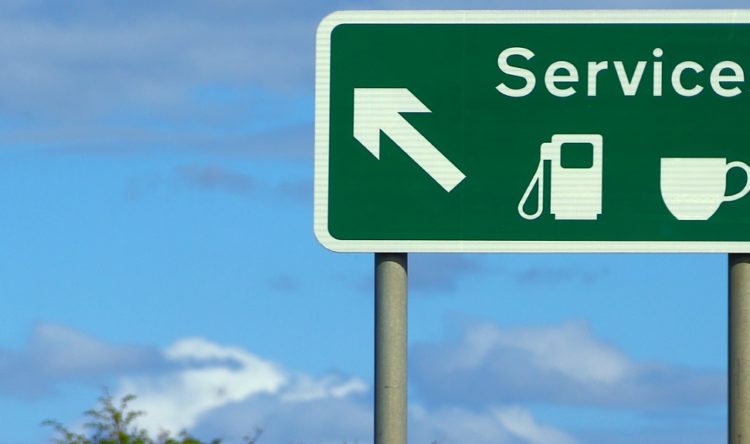Time to introduce official EV driving tests
EV experts call for DVSA to reform the driving test requirements
Motoring experts have launched a new campaign for the DVSA to adapt driving lessons to suit electric vehicles (EVs).
It comes as UK learners are being urged to take their driving lessons in EVs with the ban on petrol/diesel engined cars face the exit in 2030.
Demand for EVs is only going to increase and experts are encouraging learners to start the switch to electric now.
Charging up
Electric vehicle experts at LeaseElectricCar.co.uk want more driving tests to be carried out in EVs. It comes as an increase in EV sales sweeps the country and all drivers are being urged by government to turn to zero emissions.
The sale of new petrol and diesel cars in the UK will be banned in just seven years time. ,With huge in vestment in charging infrastructures and increasing numbers of secondhand EVs becoming available, new drivers need to get onboard.
On the up
As sales increase rapidly, it won’t be long before we see EV’s dominating UK roads. Electric vehicle registrations between December 2019 and December 2020 increased by over 300%, and this is only expected to rise.
Slowly decreasing the amount of learners practising in petrol and diesel vehicles needs to begin matching the increase in EV sales.
The government continues to invest in infrastructure. This includes their commitment to implement 300,000 new charge points across the country, backed by £1.6 billion. Alongside this, private companies are also investing heavily making it easier to own and run an EV.
Manual auto conundrum
However, some say that taking a test in an EV may be a barrier to learner drivers – it means they will only be able to drive automatic cars.
But with EVs becoming much more mainstream, motoring experts believe worries over auto only licences should diminish.
It is also true that the access to instructors with electric vehicles is limited at present. However, the mainstream national schools are now delivering EV lessons, and this come on the heals of a number of leading independent driving schools who have taken up the electric baton.
Relying on public charging points and battery range on EVs is a worry for instructors. However, as range and the number of charging stations has increased, it means these worries are disappearing. In fact, many instructors are finding that overnight charging is often adequate for a days teaching. Otherwise, a quick boost over lunch is certainly enough for a positive day’s work.
Time for change
LeaseElectricCar.co.uk believe learning to drive in an electric car will change the game for many pupils. It’s especially true for those who find it difficult to manage the clutch on tricky hill starts, or struggling when changing gears.
But the way the current driving test is sat by pupils will soon have to be updated to suit electric car learners.
As electric cars have one driving pedal, pupils might be asked to demonstrate accelerating and braking with single pedal driving.
The driving test may also incorporate knowledge of charging. Importantly, they will need to know how often the car should be plugged in as well as showing an understanding of economically using the battery power and anticipating battery usage.
Another point on a reformed driving test could include learner’s understanding of how far EV’s can travel without charge. Planning journeys to know where the car can be charged is an essential skill.
EV drivers must also have a greater awareness of pedestrians as many more vulnerable road users. They will be listening out to the louder petrol and diesel cars, but EVs are almost silent. Learners will need to show greater awareness and anticipation of these potential hazards.
The future is here
Tim Alcock at LeaseElectricCar.co.uk said: “The current generation of learner drivers across the UK are the ones who will be seeing the increase of EV sales become more rapid when the 2030 ban on the sale of new petrol and diesel cars comes in.” Alcock adds that “it makes sense for a greater number of learner drivers to start using EVs”.
“The practical driving test will one day soon have to be reformed to suit more pupils who are learning in electric vehicles. The DVLA will need to assess learner drivers’ understanding of things like economic use of battery power and charging techniques, as well as demonstrating braking and accelerating with a single driving pedal.
“But as the country approaches these future milestones and commitments to zero emission vehicles, learner drivers should increasingly be offered the opportunity to drive electric vehicles.”
Find out more about the campaign to get more EV driving tests here.






